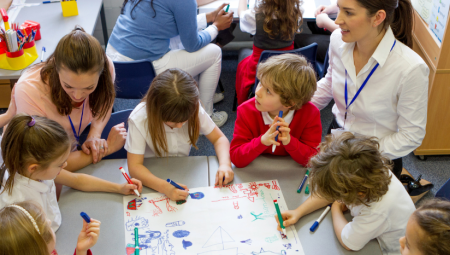Skip to sidebar
See all
Mental Health Over the Life Course
This theme aims to reduce social and health inequalities for people with mental health difficulties, especially in communities with high health needs. Find out about other research projects in this theme.





